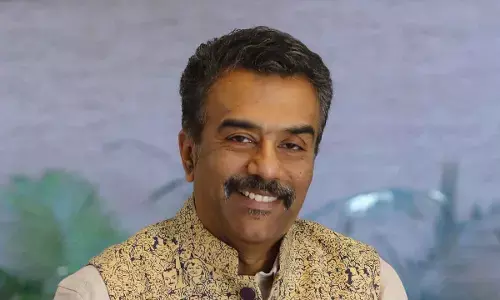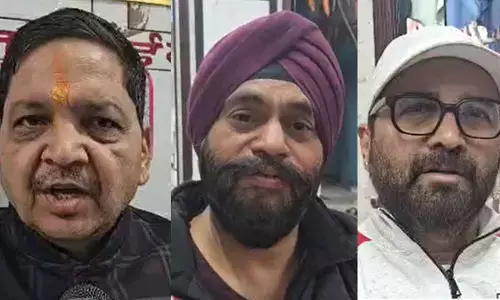Modi victory gives India way out of policy limbo

Though all the votes have not yet been counted, Modi’s Bharatiya Janata Party is on track to capture a few more seats than the 272 it needs for a simple majority in the lower house of parliament.
The author is a Reuters Breakingviews columnist. The opinions expressed are his own.
Indian voters have just handed Narendra Modi their most decisive mandate in 30 years. The opposition politician’s landslide win ends a tortuous era of coalition politics that has stymied policymaking. It also offers India a way out of its current limbo.

Though all the votes have not yet been counted, Modi’s Bharatiya Janata Party is on track to capture a few more seats than the 272 it needs for a simple majority in the lower house of parliament. No single party has managed to do that since 1984, when Rajiv Gandhi won a landslide victory following his mother Indira’s assassination. The BJP-led coalition’s tally will likely cross 325.
Investors, who pushed up Indian stocks more than 1 percent on the news, have reason to cheer. The scale of the pro-business politician’s victory, which was predicted by just one exit poll out of seven, removes any doubts about the stability of the government. It is highly likely to last its full five-year term. Knowing this, it is extremely improbable that Modi will let pesky coalition partners undermine major policy decisions.
Besides, Modi won’t need to curry favour with allies by distributing ministerial jobs. This means his cabinet will be small and tightly knit – with the prime minister’s office in control of economic policy. Bureaucrats, too, will tread with caution, and think twice before doing major harm, like the retrospective change to India’s tax code they introduced in the 2012 budget.
Legislative change remains a challenge, though. Modi’s party won’t control the upper house. Crucial bills, such as one that could pave the way for a much-needed nationwide goods and services tax, will require the new prime minister to work with opposition parties. But it’s far from clear that Sonia Gandhi’s Congress Party, nursing its worst-ever electoral defeat, will be keen to let Modi score too many parliamentary successes.
A big mandate also means great expectations, and the risk of early disillusionment. Three decades ago, Rajiv Gandhi’s popular support vanished very quickly once he got embroiled in a defence-purchase kickback scam. Five years later, he was out of power.
To avoid a similar fate, Modi will need to pay as much attention to what he doesn’t do as what he does.
source: Reuters
Next Story




